Оnline Networking Made Easy! How to Find and Establish New Contacts on Facebook и LinkedIn
Instagram courses, numerous articles on a thousand and one websites and printed books refer to networking as ‘the king of work situations’ and ‘the only tool you need to build a dizzying career’.

Let's assume that you've read these resources far and wide and finally decide to take networking seriously. Congratulations - you're on the right track! You can never have too many tools to achieve your career goals. But you might ask what kind of networking can there be during the lockdown when all communication is online? Who do you look for and where? What do you write to avoid looking unprofessional? We answer all these questions in today's article.
Why do you need online networking at all?
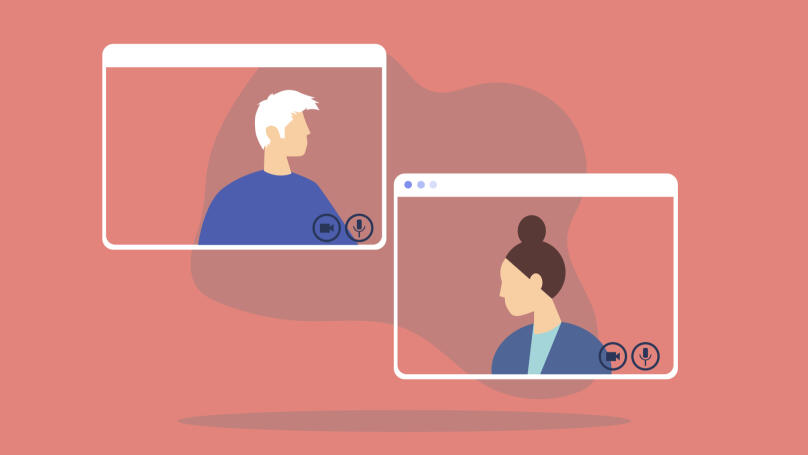
You need online networking marketing to find and get to know professionals in your or any related field. Network marketing also helps level-up your personal brand by spreading the word to as many people in your niche as possible. It enables you to build a virtual community around you that understands how you can help them and are ready to return the favour. You may be surprised, but people like to share their knowledge and experience, give advice, recommend books, films and courses, pass on information, and link colleagues from different industries.
The bottom line is that online networking communicating online via social networks and messengers. It can help you learn about the latest news in the job market, track down a new position from your dream company and find out which course will hone your career skills. Online networking replaces offline meetings, saves time and allows you to connect with your co-workers globally. Furthermore, networking plays an essential role in accelerating your goals achievement because the more contacts you have, the better chance you have of finding a new opportunity to realise your dreams.
Why are Facebook and LinkedIn the best online networking tools?
Facebook and LinkedIn are considered the two best professional social media tools. Where else would you search for former and current co-workers, former university or college classmates , and professionals from a completely different sphere? Well, certainly not on Instagram, Telegram or the Russian social network VKontakte.Facebook is a more chilled community, and LinkedIn is tailored for networking, establishing new contacts, and jobsearch.
Who do you look for on Facebook and LinkedIn to build a working network?
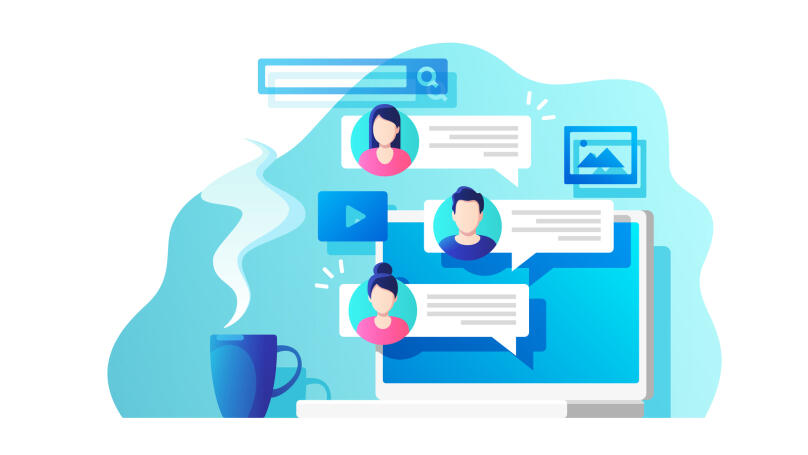
Firstly, colleagues. Former and current. You don't have to write them a welcome message because you are already acquainted, and they remember you. Add everyone - the PR guy from your neighbouring department, the company's deputy head, the IT genius who has saved you and your computer umpteen times.
Secondly, classmates and professors from the universities where you studied. They are a gold mine. They remember you, so the traditional "My name is John Johnson, and I can be of service to you with this, that and the other" message is unlikely to work for you in this instance. Professors often post jobs sent in by alumni and write interesting research, scholarly articles, and their own opinions on the latest news in their sphere. As you scroll through the comments on their posts, you may stumble upon someone you've always wanted to meet. For example, it could be an industry-wide pen-shark who graduated from the same university as you or a significant investor who wrote their graduate thesis under that professor's guidance.
Thirdly, new acquaintances. Did you meet a well-known lawyer at a professional online conference? Then find them on LinkedIn! Were you in the same group with a promising marketer at a Zoom seminar? Then, look them up on Facebook and try to add yourself as a friend! Do this with all new contacts. This scenario may sound crazy. "Really? Should I add each person I meet as a friend?" However, don't give up on it immediately. Experienced networkers advise you to "make at least three new "friends" on professional social media daily.
Where to look for new contacts for quality online networking?
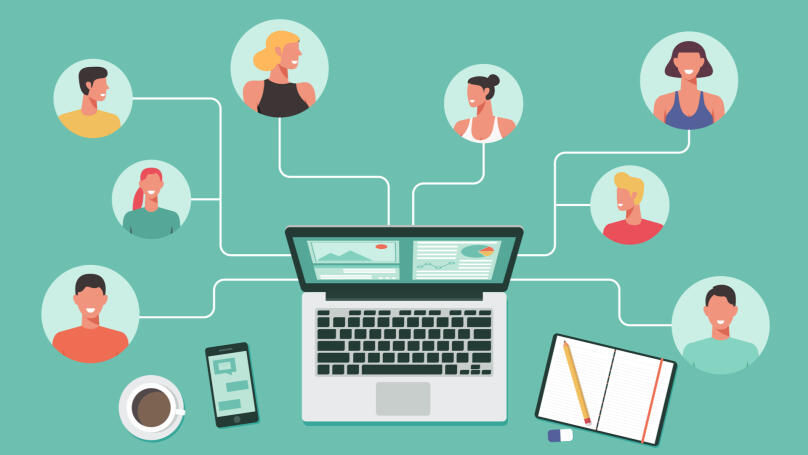
Other than the categories listed above, on Facebook, valuable contacts pop up in the most unexpected groups and discussions. For instance, a specialist you have long wanted to meet may appear in an amateur gardener's group. The speaker who forgot to send out his last year's seminar presentation appears in a community of former Boy Scouts; the HR manager from your dream company appears in the storm of comments beneath the news columns of one of the world's leading newspapers. Does Facebook have special tools aimed at professional networking? Yes, it does, and here's a list of them:
- Interest groups. You increase the chances of finding a recruiter from a giant holding company that you would someday like to work for if you search for them in the HR Worldwide: Meeting Future Colleagues Together community rather than in The Growth Secrets of Orchids and Gladiolus.
- Mutual friends. Take a gander through the "friends list" of your closest colleagues. If you do, we'll bet your bottom dollar that you'll find at least five exciting users to talk to.
- Comments under publications on professional topics. Is this the third time you have noticed a controversial statement from a journalist from a competitor media under the posts of a mutual friend? Well, congratulations, because this presents a super chance to do some networking.
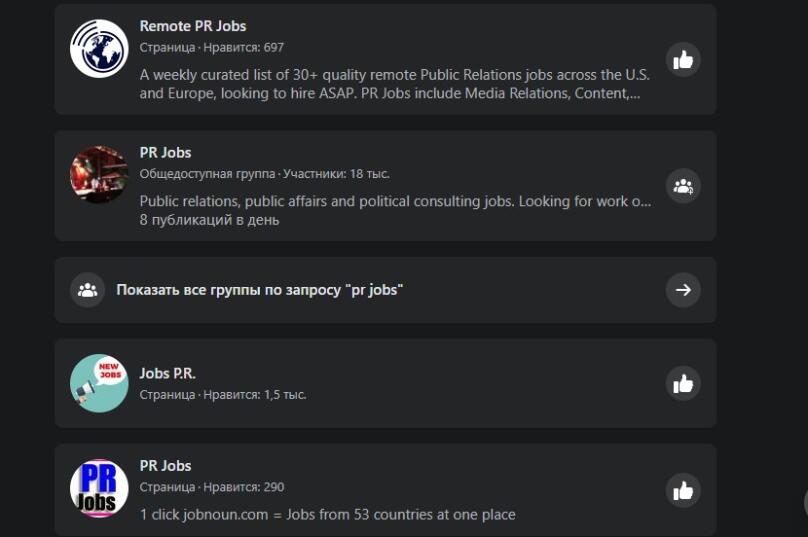
As for LinkedIn, it's elementary and straightforward. Social media is designed for professionals to get to know each other and talk about themselves and look for jobs. Indeed, you can ask former colleagues to confirm your skills here! You can find the users you would like to include in the network using the list of employees of specific companies (available on the organisation page), the internal search system using keywords (job titles, competencies, cities), names of employers, universities, courses completed, and of course, through recommendations on the pages of those contacts already on your longlist for the network.
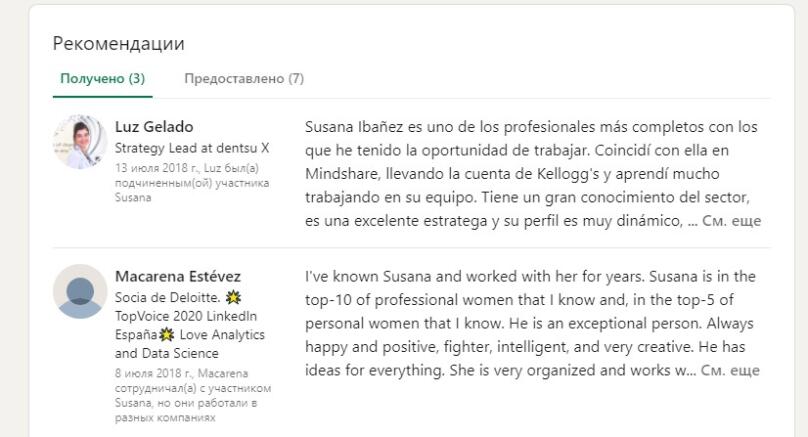
What should I write to new contacts? Examples with explanations
Let's say you found an account of a specialist, an industry colleague, or a coach that you want to meet. Unfortunately, the rules relevant to Tinder, Bumble, and Hinge don't work here, and asking this person how they are doing would be the wrong move.However, there are several alternative strategies. You can introduce yourself, ask them about a recently completed project, or elucidate how you can be helpful to them. You could ask them about an industry event they recently attended or a book they reviewed extensively on their page. By doing this, you will build rapport, and they will treat you well.
What's the best way to start your first message?
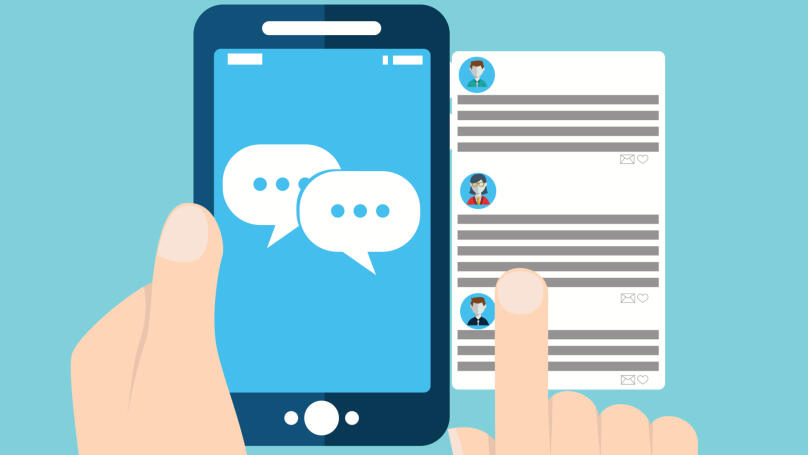
The classic type
Good afternoon. My name's Maxim, and I'm an estate agent with fifteen years of experience. I live and work in Moscow, speak at industry conferences - for example, at so and so and such. I plan to open my own business that will help my clients in choosing a home.
The "I remember you" type
Good evening, my name is Mary Smith, and I work as a sports journalist for "Sports and More Sports" magazine. Previously, I worked with "Sport and not only Sport", organising events for this publication. As I remember, you were at one of those events…
The "What can I do for you" type
N.B. These messages are the ones that are the ones where you are most likely to get a reply.
Good morning, my name's Alexander Chenston, and I'm concurrently studying at Loughborough University and working as a web designer. I can create a uniquely designed website for you, develop any product beautifully and originally. Moreover, you can refine the corporate identity for any online business. There should be a link to this post on your wall outlining what else you can do to help.
How do you explain how you know this person and not to look weird?
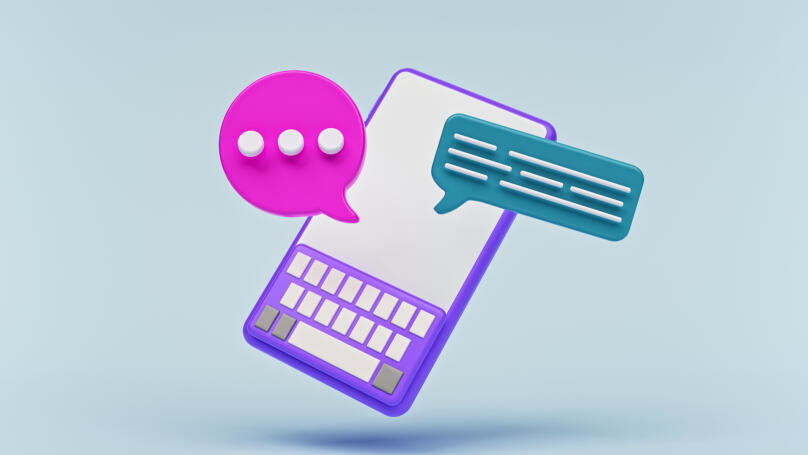
The Follow-up model
We met each other at such a conference. I was a speaker at the conference, talking about climate change and its impact on tundra media based business models.
The "word of mouth" model
I had heard about you from a colleague. He told me about the employee retraining programme that you've launched.
The "you're famous" model
Here are some examples:
- I read such and such a book of yours.
- I watched your interview with so and so.
- I listened to a podcast about such and such that you took part in.
Consequently, I've become interested in such and such an idea of yours.
We advise you not to exclude this "connecting" sentence from your message because, thanks to it, they will most likely pay attention to you, even if you write to someone who is widely known in narrow professional circles.
How do you conclude your message?
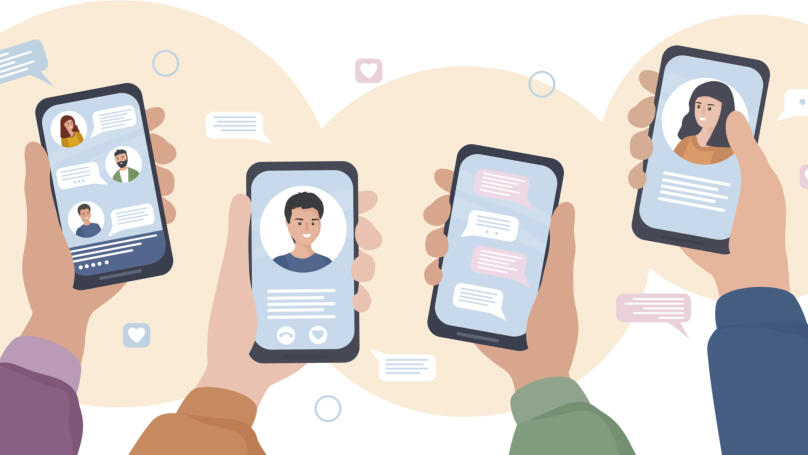
- Offer to share an opinion
When doing this, you need to express genuine interest and show that you are familiar with what the person is doing.
I would like to know your opinion on this or that, or clarify a point you made in such and such a book.
- Ask to share information
When you are doing this, it should be relevant to your industry and, ideally, align with your range of interests.
Here are some examples:
- Could you please clarify which upcoming conferences you are planning to speak at?
- Do you know of any other conferences organised by the same event agency?
- Are the online seminars you are currently attending effective?
- What similar programmes would you like to go to?
- Personal clarification
Clarification is a suitable strategy if you know about the project this person is running and you don't want to end networking just with a couple of messages.
Here are some examples:
- I'd love to know how your project is going.
- How are you developing your start-up?
How are you recruiting a team for your future business?
- A direct offer
A direct offer is a terrific way of wrapping up your message if you've already talked about what you do for work.
I want to keep in touch with you because I think we could be helpful to each other.
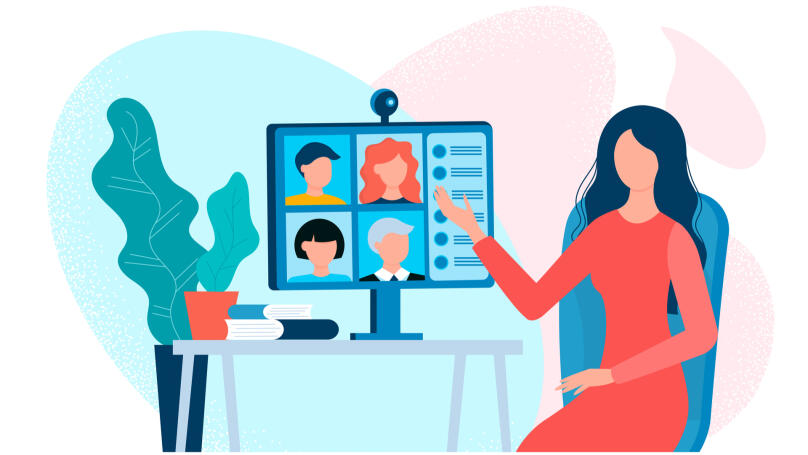
No, you are not imposing yourself by offering the other person a "profitable" friendship. Telling them how you can help them and suggesting they stay in touch is a perfectly natural way of expanding your network online. Everyone you write to may reply to you, or it could be just one in a hundred. However, in both cases, this will be an ordinary course of events. The whole world is making new professional connections from the comfort of home, so why don't you finally try networking using the most appropriate social media and armed with our advice?
Share this with your friends via:
Latest News

A significant stage in the development of the alternative education system has begun in West Northamptonshire in the UK: the County Council is actively calling on parents, guardians, and trustees to participate in shaping the future of this key area.

Outwoods Primary School in Atherstone, Warwickshire, having experienced deep sadness after the loss of their famous cat, Silla, has found solace in a new pet – a Maine Coon named Aloysius O’Hara.

In modern universities, artificial intelligence, and in particular ChatGPT, is rapidly transforming from a controversial tool into a full-fledged student assistant.

An innovative educational project is gaining momentum in UK primary schools, aiming to change attitudes towards video games.

The Massachusetts Institute of Technology (MIT) presents MIT Learn – a revolutionary online platform that opens a “new front door” to access university knowledge and resources.












 Test: How Psychologically Mature Are You? Check Your Inner Foundation.
Test: How Psychologically Mature Are You? Check Your Inner Foundation.
 Test. Check Your Social Media Dependency Level!
Test. Check Your Social Media Dependency Level!
 Test: What Business is Right For You?
Test: What Business is Right For You?
 Test: How Prone Are You to Abusive Behavior as a Manager?
Test: How Prone Are You to Abusive Behavior as a Manager?
 Test. What superpower would you possess if you were a superhero?
Test. What superpower would you possess if you were a superhero?
 Test. What Should You Let Go of Before Winter Ends?
Test. What Should You Let Go of Before Winter Ends?
